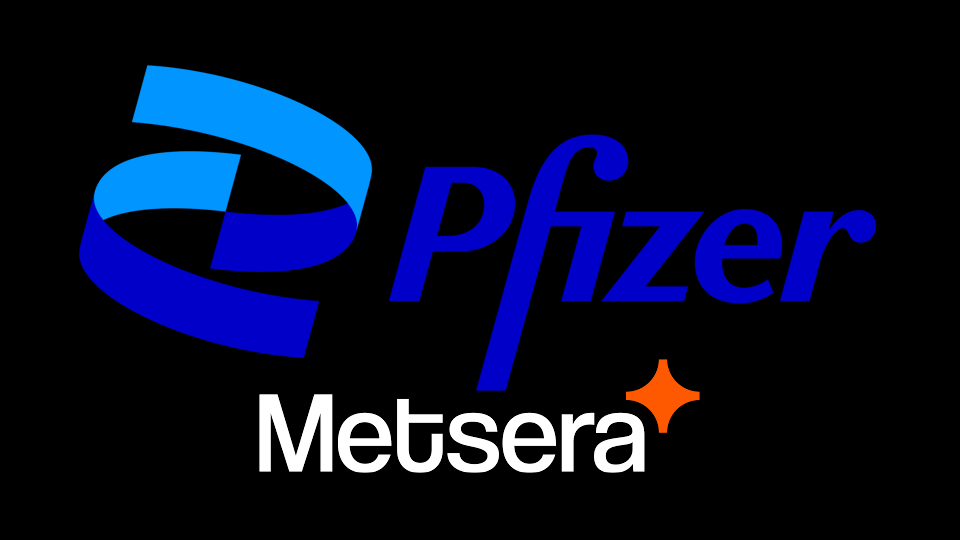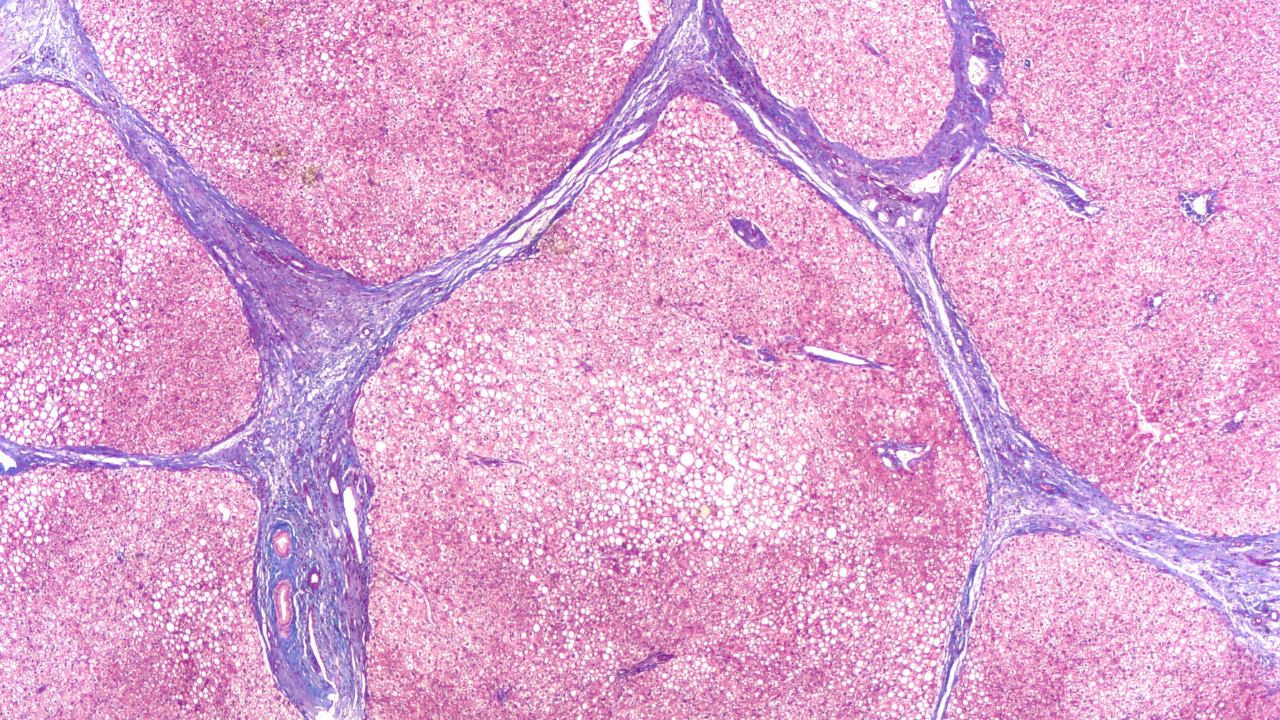
Pfizer’s efforts to develop weight-loss therapies for obesity were undone by toxicological issues, and it has now opted to bolt on a pipeline by acquiring Metsera in a deal worth more than $4.9 billion.
The agreement between the two companies includes a payment of $47.50 per share by Pfizer on closing the takeover, giving the $4.9 billion enterprise value of the deal. However, Pfizer is also promising another $22.50 per share if Metsera’s pipeline of obesity candidates delivers as hoped, which would swell the total deal value to a lofty $7.3 billion.
That extra cash will be payable in the form of contingent value rights (CVRs) tied to the start of a phase 3 programme for a combination weight-loss regimen based on Metsera’s GLP-1 agonist MET-097i and amylin analogue MET-233i – both given as a once-monthly injection – as well as FDA approval of MET-097i monotherapy and the two-drug regimen.
Pfizer’s own efforts to develop obesity drugs were spearheaded by oral GLP-1 agonists, but fell apart earlier this year when it was forced to abandon lead candidate danuglipron after seeing signs of liver toxicity in late-stage clinical testing, having already discarded two other compounds. That left it with another oral drug that targets GLP-1 and gastric inhibitory peptide (GIPR), PF-07976016, in phase 2.
Buying Metsera will elevate its ambition in the obesity category, currently dominated by weekly injectables, namely Novo Nordisk’s GLP-1 agonist Wegovy (semaglutide) and Eli Lilly’s dual GLP-1/GIP agonist Zepbound (tirzepatide). The two drugs are currently enjoying what is effectively a duopoly in the weight-loss market, although dozens of other rivals are coming through the industry pipeline.
Metsera went public earlier this year, raising $275 million for its obesity pipeline against a backdrop of a fairly lacklustre IPO market, with an oversubscribed offering that reflected the strong appetite among investors for companies developing weight-loss drugs.
It has since reported phase 2 results with MET-097i and phase 1 data with MET-2331, and said in July it expects to generate data for the combination regimen late this year or early next. Meanwhile, following in their wake is a pair of oral GLP-1 agonist programmes MET-097o and MET-224o, with clinical data for a lead candidate due in the fourth quarter.
“Obesity is a large and growing space with over 200 health conditions associated with it,” said Albert Bourla, Pfizer’s chief executive.
“The proposed acquisition of Metsera aligns with our focus on directing our investments to the most impactful opportunities and propels Pfizer into this key therapeutic area.”
The takeover is expected to close in the fourth quarter of 2025, subject to closing conditions including regulatory approvals.










